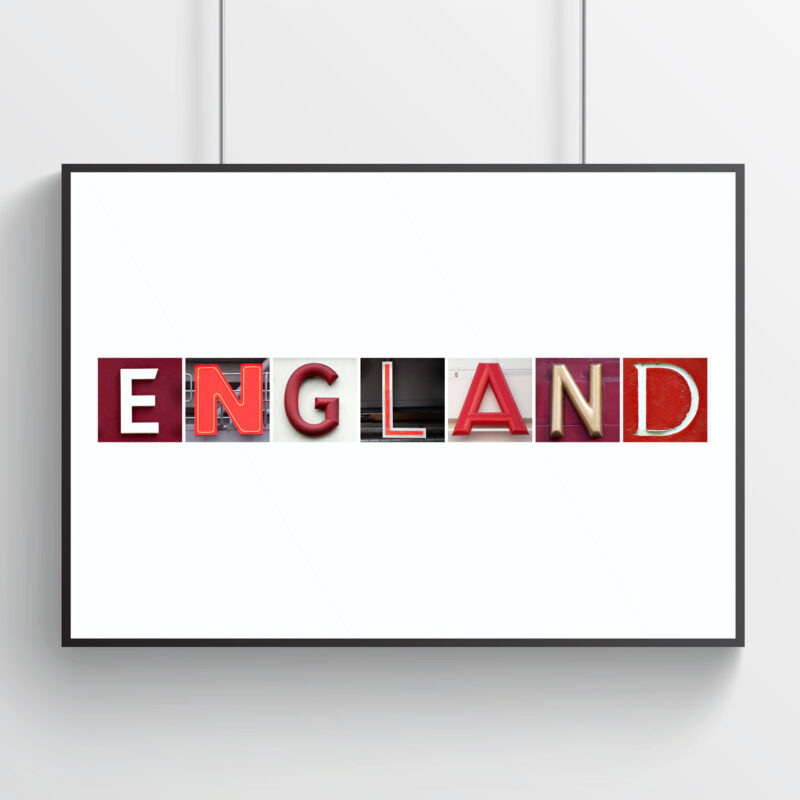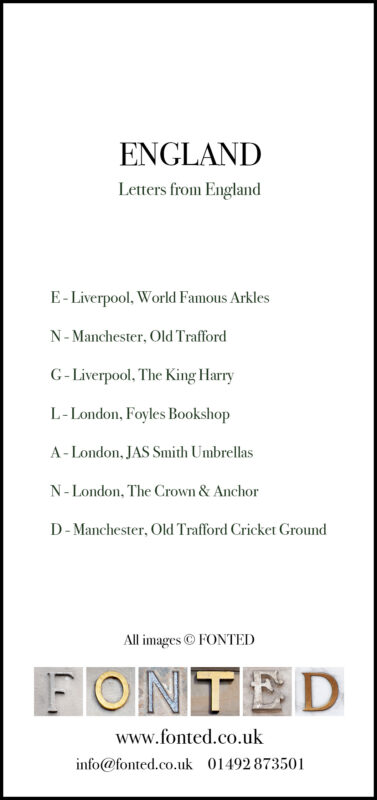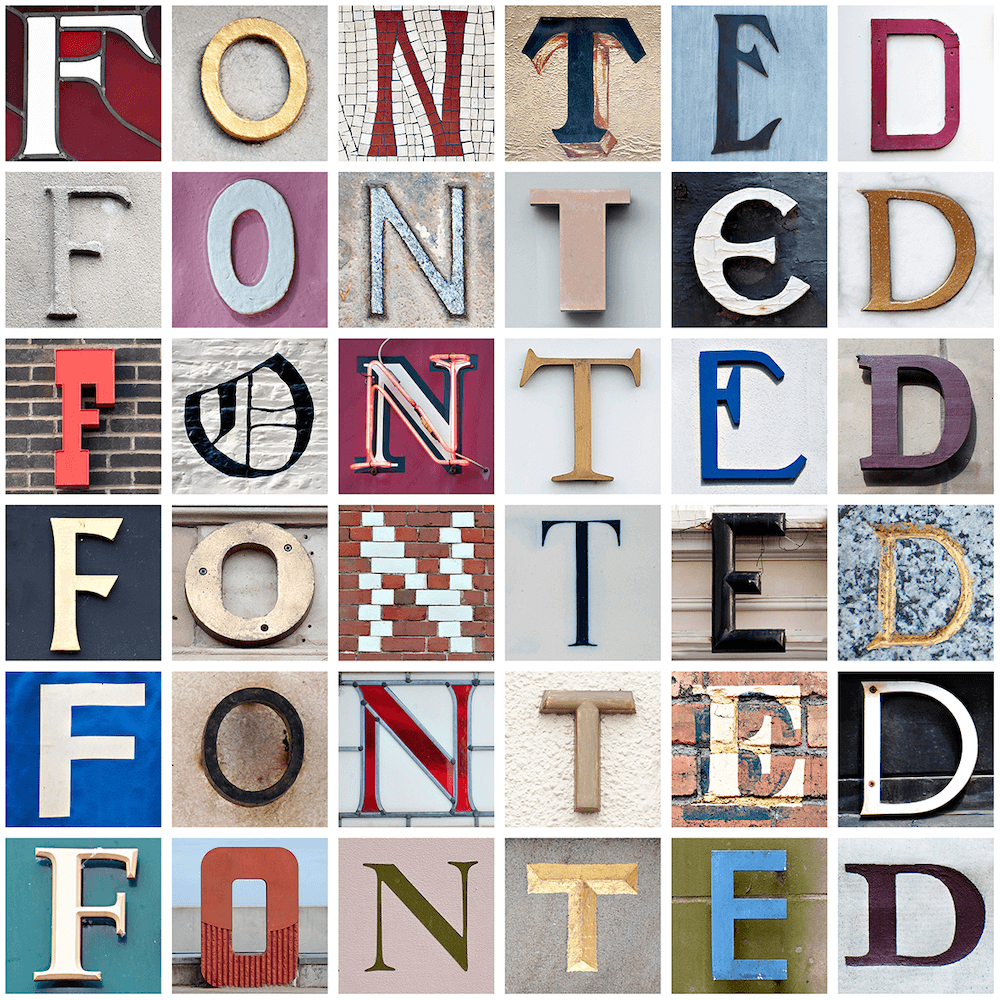The Football Euros: A Rich History of European Football
The UEFA European Championship, commonly known as the Euros, stands as one of the most prestigious football tournaments in the world, captivating millions of fans across the globe. From its inception in 1960 to the dramatic matches of recent editions, the Euros have showcased the pinnacle of European football talent and brought unforgettable moments to the sport’s history.
Origins and Early Years
The idea of a European football championship was first proposed by Henri Delaunay, a French football administrator, in the 1920s. However, it wasn’t until 1958 that the Union of European Football Associations (UEFA) officially approved the tournament. The first European Nations’ Cup, as it was initially called, took place in 1960 in France. Four teams—France, Czechoslovakia, the Soviet Union, and Yugoslavia—competed in a knockout format.
The Soviet Union emerged as the inaugural champions, defeating Yugoslavia 2-1 in the final held in Paris. This victory was significant not just for the Soviet Union but for the tournament itself, establishing the Euros as a competitive and prestigious event.
Expansion and Evolution
As European football grew in popularity, so did the tournament. The format expanded, and by 1980, the number of teams competing in the final tournament increased to eight. This expansion allowed more countries to participate and brought more excitement and unpredictability to the matches.
In 1996, the tournament format expanded again to include 16 teams. This was a pivotal moment for the Euros, as it increased the tournament’s scope and allowed for more dramatic and competitive fixtures. England hosted this edition, which is particularly memorable for the host nation’s semi-final clash against Germany, a match that ended in a heartbreaking penalty shootout loss for England.
The most recent expansion came in 2016, when the tournament grew to include 24 teams. This format aimed to give more countries the opportunity to compete at the highest level of European football and has since added new layers of excitement to the competition.
Memorable Moments and Iconic Matches
The Euros have provided a plethora of memorable moments and iconic matches that have etched themselves into the annals of football history. Here are a few highlights:
1976: The Panenka Penalty
The 1976 final between Czechoslovakia and West Germany introduced the world to the “Panenka penalty.” Antonín Panenka’s audacious chipped penalty in the shootout secured Czechoslovakia’s victory and has since become a legendary moment in football lore.
1992: Denmark’s Fairy Tale
Denmark’s triumph in 1992 remains one of the greatest underdog stories in football. Having initially failed to qualify, Denmark was invited to the tournament after Yugoslavia was disqualified due to the Balkan conflict. Against all odds, Denmark went on to win the tournament, defeating reigning champions the Netherlands and Germany in the process.
2000: The Golden Goal
The 2000 final between France and Italy is remembered for David Trezeguet’s golden goal, which secured a 2-1 victory for France. This dramatic finish epitomized the excitement and unpredictability of the Euros.
2004: Greece’s Shock Victory
Greece’s victory in 2004 stunned the football world. Known for their disciplined and defensive style, Greece defeated hosts Portugal in the final to secure their first major international trophy. This remarkable achievement demonstrated that determination and tactical discipline could overcome the odds.
Past Winners: A Chronicle of Champions
The Euros have seen a diverse array of winners, each adding their unique chapter to the tournament’s history.
1960 – Soviet Union
The Soviet Union claimed the first-ever title with a 2-1 victory over Yugoslavia in Paris.
1964 – Spain
Next, Spain won their first major international trophy by defeating the Soviet Union 2-1 in the final held in Madrid.
1968 – Italy
Italy triumphed on home soil, defeating Yugoslavia 2-0 in a replay after the first match ended in a draw.
1972 – West Germany
West Germany secured their first European Championship with a convincing 3-0 win over the Soviet Union in Brussels.
1976 – Czechoslovakia
Czechoslovakia won their first title, defeating West Germany in a dramatic penalty shootout that featured Panenka’s legendary penalty.
1980 – West Germany
West Germany became the first team to win the Euros twice, defeating Belgium 2-1 in the final held in Rome.
1984 – France
France, led by Michel Platini, won their first Euros with a 2-0 victory over Spain in Paris. Platini’s nine goals in the tournament remain a record.
1988 – Netherlands
The Netherlands claimed their first major trophy, with Marco van Basten’s stunning volley in the final against the Soviet Union being one of the most iconic goals in football history.
1992 – Denmark
Denmark’s fairy tale victory saw them defeat Germany 2-0 in the final held in Gothenburg.
1996 – Germany
Germany, now unified, won their third European Championship by defeating the Czech Republic 2-1 with a golden goal from Oliver Bierhoff.
2000 – France
France became the first team to hold both the World Cup and European Championship simultaneously, defeating Italy 2-1 with Trezeguet’s golden goal.
2004 – Greece
Greece’s disciplined and defensive approach saw them win their first major trophy with a 1-0 victory over Portugal in Lisbon.
2008 – Spain
Spain’s dominance began with their first Euros win in 44 years, defeating Germany 1-0 in the final in Vienna.
2012 – Spain
Spain became the first team to win back-to-back Euros, and their third overall, with a 4-0 demolition of Italy in Kiev.
2016 – Portugal
Portugal won their first major trophy by defeating hosts France 1-0 after extra time, with Eder scoring the decisive goal.
2020 – Italy
Lastly and delayed to 2021 due to the COVID-19 pandemic, Italy claimed their second Euros title, defeating England in a penalty shootout at Wembley Stadium.
The Euros 2024
As the Euros continue to evolve, the tournament’s future looks bright. Currently in Germany, Euros 2024, England are hoping to achieve the win that has eluded them for so long. Playing The Netherlands in the semi finals for a place against Spain in the final, is an achievement beyond most peoples expectations. After a slow start to the tournament, the Three Lions impressed with a victory over Switzerland in the quarter-finals.
We have created our own support for England with our own Fonted version. Designed using letters from towns and cities across England, what a great way to show that the nation is behind the team!



